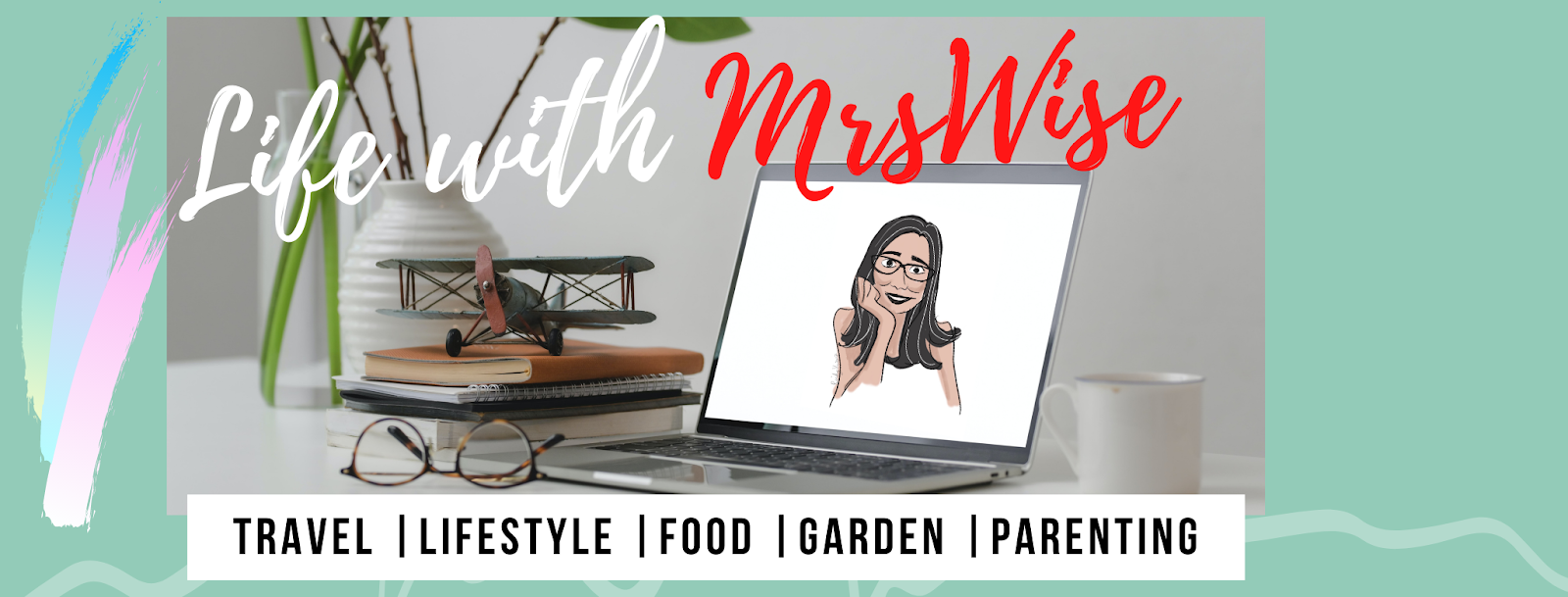HOW TO MANAGE YOUR FAMILY'S FINANCES IN THE MIDDLE OF THE PANDEMIC
WHAT TO DO TO SURVIVE:
SAVE! SAVE! SAVE!
With the pandemic, most people are working from home. This means that their spending habits have changed drastically. A decrease in dining out, attending concerts and shows, leisure travels and vacations and less money spent on commuting and shopping. This could mean more money to save. Don’t splurge on online shopping just to reward yourselves for following protocols of staying at home.
For most people the formula they follow when it comes to saving money is:
INCOME – EXPENSES = SAVINGS. But I find this risky. When you get tempted on spending a large part of your income, you may end up with no savings at all. The smarter formula to follow is: INCOME – SAVINGS = EXPENSES. This formula prioritizes savings.
Be a wise saver. If you want expert assistance on saving money you may want to check out a savings calculator that will help you to determine the future value of money investments at various compounding intervals.
FOLLOW A BUDGET
Budgets are the only practical way to control on spending, and to make sure your money is being used the way you want it to be. Every time an income or paycheck comes in, it is important to look first on FIXED EXPENSES that you cannot take for granted: bills, allowance, insurance premium, debts, mortgage, tuition, tax payments, food and transportation expenses.
Keep track of your expenses. Don’t spend beyond your limits. Determine which expenses are necessities and which are just luxuries. Once you’ve set your budget goals, make sure the spending stays within the limits that you have set. If you need an extra help on making a practical budget that will suit your lifestyle, check out a budget planning calculator.
MANAGE LOANS
I always pay my credit card purchases on time. I simply don't want to pay for credit card interests. It is not WISE.
What I teach my teens: If you want to buy something, buy it with cash. If you don't have enough cash... SAVE. You want that sneakers but you don't have enough money, wait until you have enough. This will also give you ample time to think if you really want to buy that sneakers. This also saves them from becoming impulsive shoppers.
When we applied for housing loan, we chose the 10-year plan versus the 15 or 20 year plan. We paid for a higher amortization rate, but the shorter years spent paying, gave us more financial freedom.
Loans are ok if you are purchasing for a future investment. For example: house mortgage and real estate. After you have paid it off, you will benefit from it. You will reap financial rewards and security after you have paid it off.
BUILD AN EMERGENCY FUND
According to forbes.com, an emergency fund is a fund that should help you carry on with life and meet your obligatory expenses without opting for last-minute unplanned loans, overutilizing your credit card, or selling and mortgaging your existing assets.
In building an emergency, you should keep a record of your monthly expenses. This will give you a bird’s eye view of how much to put into your emergency fund.
This is the computation that I personally follow. It is is based on my conservative estimate of my monthly expense, which is Php20,000. Ideally, you should build an emergency fund good for 6 months which is around Php100,000.
It is also important to understand that an emergency fund is different from your savings. An added tip: place your emergency fund in another bank account, separate from your savings account so you will not be tempted to spend it. Lump sum money you might get from tax refunds, year end bonuses or investment gains should ideally go straight to your emergency fund.
PRIORITIZE INVESTMENTS
If you have enough savings, you follow a strict budget and you have built an emergency fund, the next thing you should consider are investments. If there is one thing the ongoing pandemic has taught us, it is that an emergency can strike at any time and you can’t do anything about it other than being prepared.
There are four main asset classes that people can invest in with the hopes of enjoying appreciation: stocks, bonds, commodities and real estate.
The pandemic also taught us that we should definitely invest in personal life and health insurances because we should safeguard ourselves against medical emergencies, that may strike anytime.
Six years ago, I was diagnosed with an illness that required so many medical tests and expensive medicine. Good thing was, I was wise to invest in a health card. Now, my husband, took on the responsibility of providing HMO plan for the entire family.
We are still in the middle of a global pandemic and no one is sure yet when this will end. Just hang in there, do not panic, take care of your health and your finances. Panicking solves nothing. The best strategy is to have an arsenal of financial tools and know how.




No comments:
Post a Comment